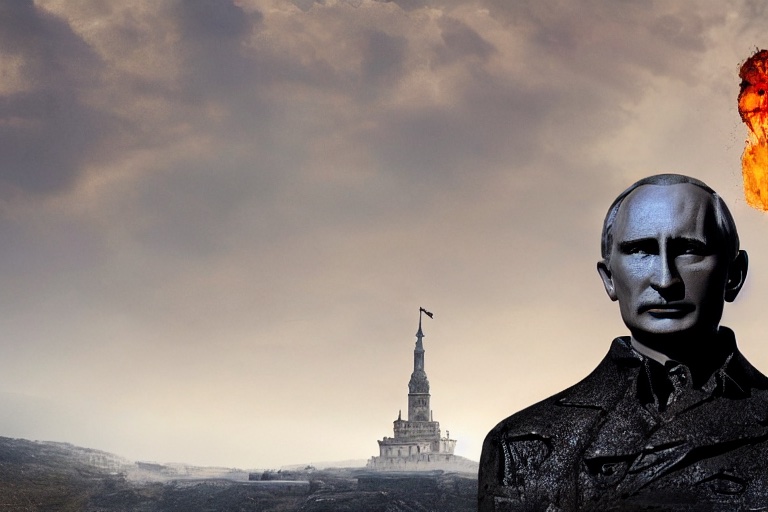Links for July 2022

- Aiming to Reduce Cleaning Costs (Works That Work) — A humorous look at the fly targets found in the Schiphol urinals. It turns out that men cannot resist peeing on things, especially if they look as though they might wash away. If it’s something that you consciously don’t like, you’re more likely to pee on it, hence the fly. The first known urinal target was a bee in Victorian England in 1880, perhaps as a high-falutin' joke (Latin for bee is apis).
- How San Francisco Became a Failed City (The Atlantic) — San Francisco's homeless budget has grown exponentially, committing $1B over 2022 and 2023 to tackle the problem, but people are still selling fentanyl on the streets, petty crime is rising quickly, and school quality is plummeting. The main battle is between leftist idealists who think a perfect world is just within reach and we're on the right track, and liberals who are fed up with psychotic addicts on the sidewalk, and disagree that a merit-based school system is inherently racist.
- The Legacy of Genghis Khan - The Mongol Impact on Russian History, Politics, Economy, and Culture notes (IJORS) — Medieval Russia (Kyiv) tracked Medieval Europe and its Latin Christian civilization, but the Mongol invasion isolated Russia from the west for nearly three centuries, setting it on a parallel track. Two opposing historical takes on this feature the Westernizers, who were charmed with the values of enlightenment, democracy, and freedom, blamed the Mongols for Russia’s backwardness, whereas the Eurasianists embraced the Mongol legacy, claiming that it strengthened the founding pillars of the Tsarist Russian State such as Orthodoxy and autocracy and thus made a profound contribution to the security and stability of Russia.
- I Hate Manager READMEs (Camille Fournier) — In her own words: "If you know you have foibles/quirks that you in fact want to change about yourself, do the work." "Keep your bad behaviors to yourself, and hold yourself accountable for their impact". How? Consider getting a coach.
- The Kekulé Problem (Nautilus) — Legend has it that August Kekulé discovered the ring-like structure of benzene after daydreaming about the snake seizing its own tale, the ancient ouroboros symbol. If the unconscious is so smart, muses writer Cormac McCarthy, why the cryptic messaging? Just tell poor Kekulé directly, using language! Alas, the ancient unconscious predates language, and moves in mysterious ways.
- Estonia: Warning the World About Russia (Newlines Magazine) — Estonians don't need to be reminded of what Russia under Stalin did to their ancestors in 1941 and 1949. Unlike much of the rest of the world, Estonian PM Kaja Kallas believed that Putin would invade on Feb 24. Today Estonia unequivocally supports Ukraine, donating 40% of the country's annual military budget and more than 0.8% of its GDP.
- How to Host a Jeffersonian Dinner (Purpose Generation) — By engaging in a single conversation, with only one person speaking at a time, Jefferson and his guests were able to unlock the power of their collective wisdom. The purpose was simple: to listen, learn, and inspire one another through meaningful dialogue around a particular topic.
- Centralization Is Inevitable (Subconscious) — Gordon leans on network theory to graphs occurring in nature, like the one with airports as vertices and flights as edges, or the internet with nodes as webpages and links as edges. These graphs may start random but converge to be power law distributed if you plot the frequency of nodes as a function of degree, but this makes them vulnerable to attacks on a few high-degree nodes (centers), which inevitably happen.